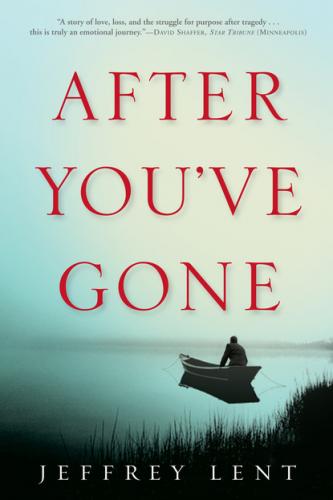naps he would take them up into the lower reaches of the gorge where they would pull apart the loose shale looking for fossils, mostly minute shells no larger than one of their own thumbnails but true as a scallop in design, there in the rock as if yesterday and he would wonder if his father had ever seen such a thing and what he would make of it. The youngest girl, Polly’s daughter Kate, always trying to catch up to her cousins Gretchen and Patty even though only a single year separated each of them, became adept at catching the small green frogs that lived about the smaller pools of the gorge and Henry named her Frogcatcher and told them all tales of the great Seven Nations of the Iroquois who for hundreds of years had lived along this vast belt of wondrous rich land and lakes. Leaving for the time being the closer tale of Sullivan’s march through that country of theirs, burning and destroying all villages and crops and stores of seed and leaving mostly the old people and women and children for the bitter winter of starvation ahead of them but content for now to let his grandchildren envision this place as it was now but with a different people and a different way of life than the one these children knew. So they might foresee, however briefly, other possibilities in life. And also find, with great excitement a small stone overhang where years of fires had smudged dark with soot soaked deep into the rock. He saw no reason to tell them this could be simply the summer campfires of their own families for the last half-century—let them believe those other people had been here. As he knew was true. Every year men working the vineyards found flint arrowheads and Joseph Jensen had a collection not only of these simple artifacts but several exquisite spear points, grinding stones, fishing weights, even a horn tool for cleaning hides. He hiked up the hill one drizzly day and called on Jensen and with the boldness of grief asked for and received three small but perfect arrowheads. Bird points, Jensen called them. And the next time the three girls went up with their Grandfather to search for fossils and catch frogs and salamanders he carefully seeded two of the points as they went and then proceeded to find the third. Which sent them all looking, scouring the ground on hands and knees but it was Kate who actually found one of the other points and so very slowly Henry had to discover the final one so each child had one. And a charming thing happened—the oldest girl Gretchen insisted they keep looking until they found one for Grandfather. Henry went along with this as long as he could and then, not so very much feigning exhaustion, declared he was done and perhaps another day they might find one for him. He was seated on a rock by the lower pool where the water threaded down in a long fifteen foot drop from above. It was warm and time for all to go back to the cottage and, for the children at least, the lovely long afternoon in the lake and on the diving raft buoyed fifty yards out in the deep water. And Kate, bold before her older cousins, came forward and handed her bird point to Henry and said, “Grandfather, you keep this. We’ll find another one. I know I will. I found this.” And Henry sat silent for only a moment, watching the deep serious face of the five year old, not in the least expecting this but knew the grace to accept the gift.
